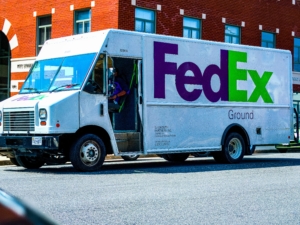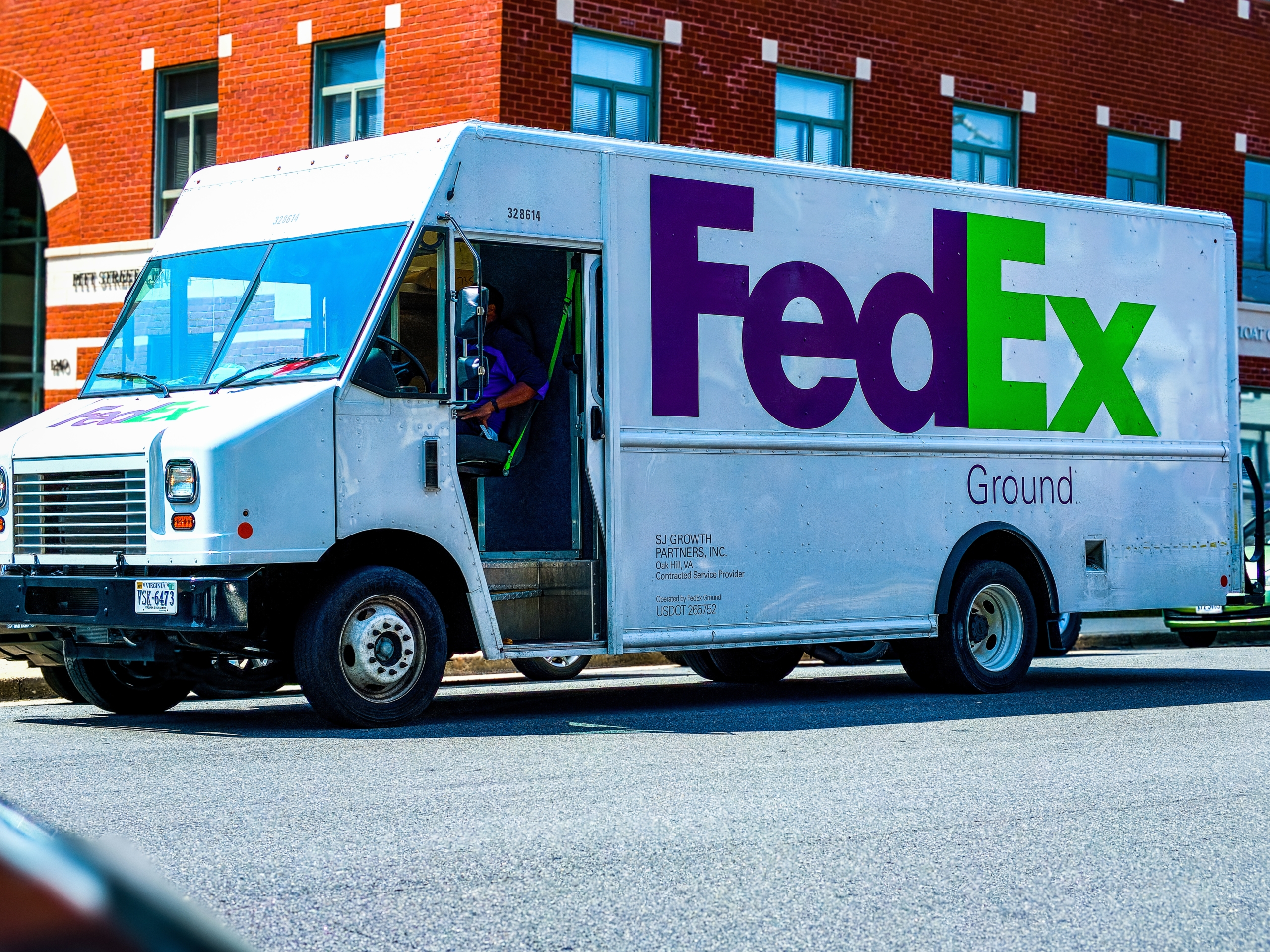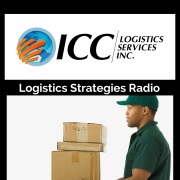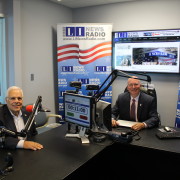Understanding Parcel Carrier Rate Increases
The Devil is in The Details
Following FedEx’s recent General Rate Increase, (GRI) announcement, shippers are anxiously awaiting the anticipated GRI announcement from UPS. As is customary, there is an expectation that the UPS GRI will be in line with FedEx’s announced 2023 GRI level, which increases rates on average (6.9%). With these annual GRI announcements it is not uncommon for shippers to focus solely on carrier package zone and rate charts to try to determine the impact of these annual increases. However, it is becoming increasingly important to pay close attention to new carrier accessorial rate changes, as these increases can also have a significant impact on parcel shipper’s bottom lines.
What We’ve Seen in the Past

In 2022 UPS shifted approximately 2700 Zip Codes (approximately 7% of US Zip Codes) from their Extended Delivery Area Surcharge list, to a new list called “US 48 Remote Zips.” They then implemented a new Remote Area Surcharge for these zip codes in the contiguous US. Prior to this, the Remote Area Surcharge only applied to certain Zip Codes in Alaska and Hawaii. This increased the surcharge for these packages from the Extended Area Surcharge of $6.50 for Ground Residential shipments and $4.10 for Ground Commercial shipments, to the Remote Area Surcharge of $12.00 per package. An increase of almost 100% and 300% respectively.
FedEx has jumped on the bandwagon with this new Surcharge for 2023. Their recent GRI announcement included a new Remote Area Surcharge in the amount of $13.25, which applies to almost 4000 Zip codes in the US, which includes almost 10% of US Zip Codes).
On top of this, it is important to point out that historically the major parcel carriers have also increased the number of Zip Codes that are subject to Area Surcharges. For example, in 2018, UPS listed approximately 23,700 zip codes that were eligible for the Delivery Area, Extended Area, and Remote Area Surcharges. In 2022, the number of Zip Codes receiving these surcharges are approximately 25,600, an increase of over 8%.
What’s Most Likely To Happen with UPS
Based on what we have seen in the past, along with the fact that FedEx has introduced this new fee to 48% more Zip Codes than UPS, it seems likely that UPS will increase their Remote Area Surcharge rate as well as increasing the number of impacted zip codes. Given UPS’s new “Better Not Bigger” business strategy, it would only make sense for them to take actions to avoid customers shifting higher cost to serve packages to them without being properly compensated. 
Given the complex nature of Small Package pricing, it is crucial for shippers to develop better visibility and understanding of their base rates and all surcharges they are subject to, but also to gain a better understanding of all of their parcel carrier contract terms and conditions. In addition, it is crucial to implement processes to provide comprehensive audits of their invoices to ensure payment accuracy.
We encourage you to reach out to ICC so we can show you how our unique industry experience, insight and technology can help uncover these types of hidden costs that can be hurting your bottom line.





